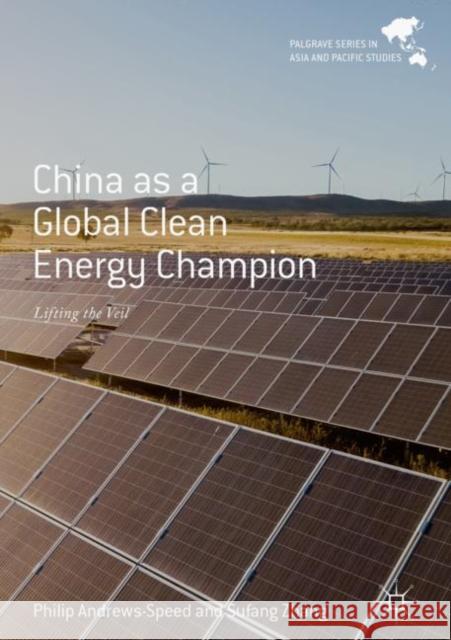China as a Global Clean Energy Champion: Lifting the Veil » książka
topmenu
China as a Global Clean Energy Champion: Lifting the Veil
ISBN-13: 9789811334917 / Angielski / Twarda / 2019 / 339 str.
Kategorie BISAC:
Wydawca:
Palgrave MacMillan
Seria wydawnicza:
Język:
Angielski
ISBN-13:
9789811334917
Rok wydania:
2019
Wydanie:
2019
Ilość stron:
339
Waga:
0.58 kg
Wymiary:
21.01 x 14.81 x 2.06
Oprawa:
Twarda
Wolumenów:
01
Dodatkowe informacje:
Wydanie ilustrowane











